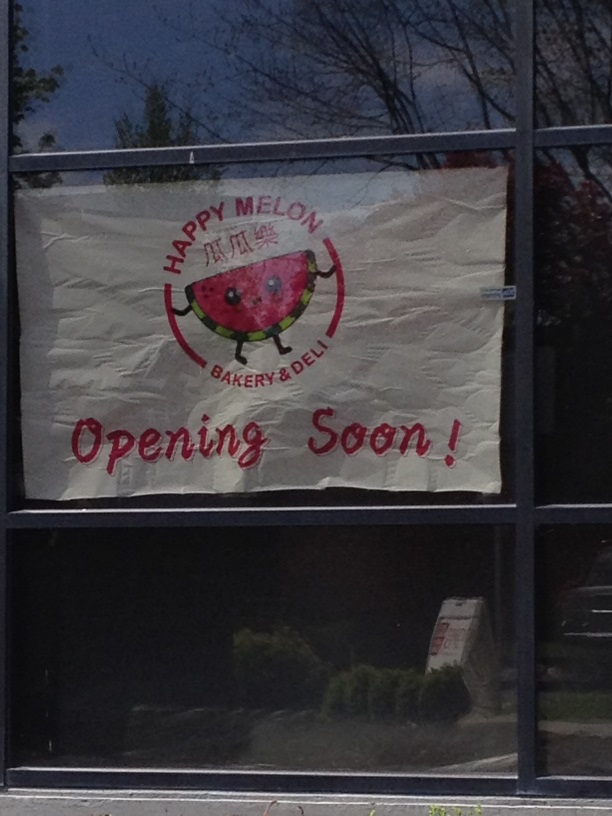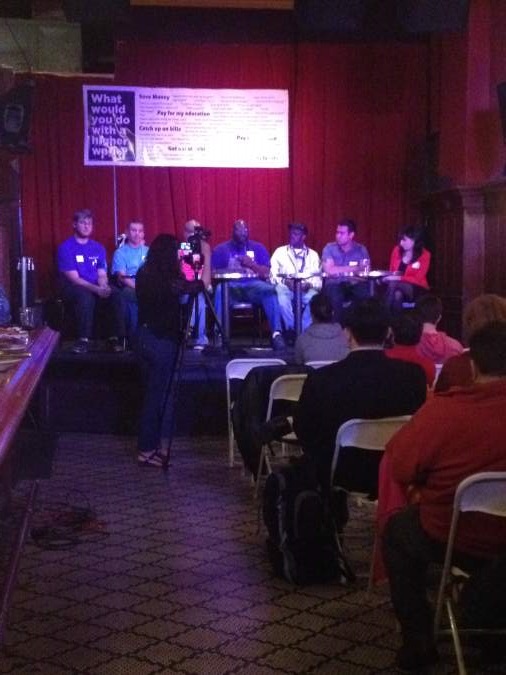PCC Natural Markets recently joined the charge to put genetically modified food labeling on Washington state’s 2013 ballot, but it’s unclear whether such a measure will be necessary after the projected passage of California’s Prop 37. A recent Los Angeles Times/USC Dornsife poll found that supporters of the mandatory GMO labeling law outnumbered opponents 2 to 1 statewide, despite a huge influx of cash from agribusiness giants including Monsanto, DuPont, and Dow AgroSciences. Although the law would apply only to food sold in California, experts say the state’s standing as the world’s eighth-largest economy makes it difficult for producers to segregate their California-bound stock. That means many major companies may opt to reformulate their products, rather than create a dedicated California supply chain.
Backers of the proposition say producers are unlikely to “label their products as genetically engineered when sold in California, but not when sold in other states. Doing so would be a costly PR disaster.” Nor are companies likely to want to release GMO labels in states where legislation doesn’t require it, so ridding their products of GMOs could be an attractive strategy despite the ubiquity of GMOs in U.S. soybeans and corn.
“We really don’t know how the big food companies will react if they lose this fight,” Food Safety News‘ Helena Bottemiller says. “I think that’s why all eyes are on California right now.”
Trudy Bialic, PCC’s director of public affairs, says California’s law requiring the labeling of goods containing carcinogens and hormone inhibitors provides a useful precedent. “Consider that California’s Prop 65 passed 25 years ago (1986), and still it’s just California that has such labeling on foods,” Bialic says. “No other state has labeling on such high risk ‘foods.’ We will need more than just California to get nationwide labeling.” Launched by a vegan couple from Tacoma, I-522 needs 320,000 signatures to qualify for a vote; PCC is donating $100,000 to the signature drive.
“Since the Food and Drug Administration says we must know if our orange juice is fresh or from concentrate, doesn’t it make sense that foods engineered with foreign bacteria, viruses, [or] insect, plant, or animal genes should be labeled, too?” Bialic writes in PCC’s latest newsletter.
But I-522 is opposed by the Northwest Food Processors Association, which claims the expense associated with compliance could prove crippling. Michael Steel, a San Francisco attorney whose client list includes food retailers, says Washington producers of all sizes will have to deal with the financial consequences of Prop 37 if it passes. Prop 37 doesn’t apply to meat, cheese, or alcohol, so the state’s distilleries and winemakers wouldn’t be affected by its provisions. But bakeries which use sugar made from genetically modified sugar beets or sauce producers who use corn syrup made from genetically modified corn “have to worry about labels,” Steel says. And those Washington producers who avoid GMO ingredients won’t be in the clear: They’ll have to provide paperwork every three years showing their foods are GMO-free, and the burden will be on producers to prove they’re exempt from the labeling requirement. Furthermore, since anyone would be allowed to bring a lawsuit against a producer, opponents of Prop 37 argue the law could result in frivolous and costly claims against small businesses.
Finally, the proposed law’s provisions bar the use of the word “natural” on any food which has undergone dehydrating, pressing, smoking, or other processing. So if a Washington-made trail mix includes prunes, it would no longer be “natural” in California.
“This is not a California story,” food policy writer Barry Estabrook told Association of Food Journalists members last month. “This is a national story.”








